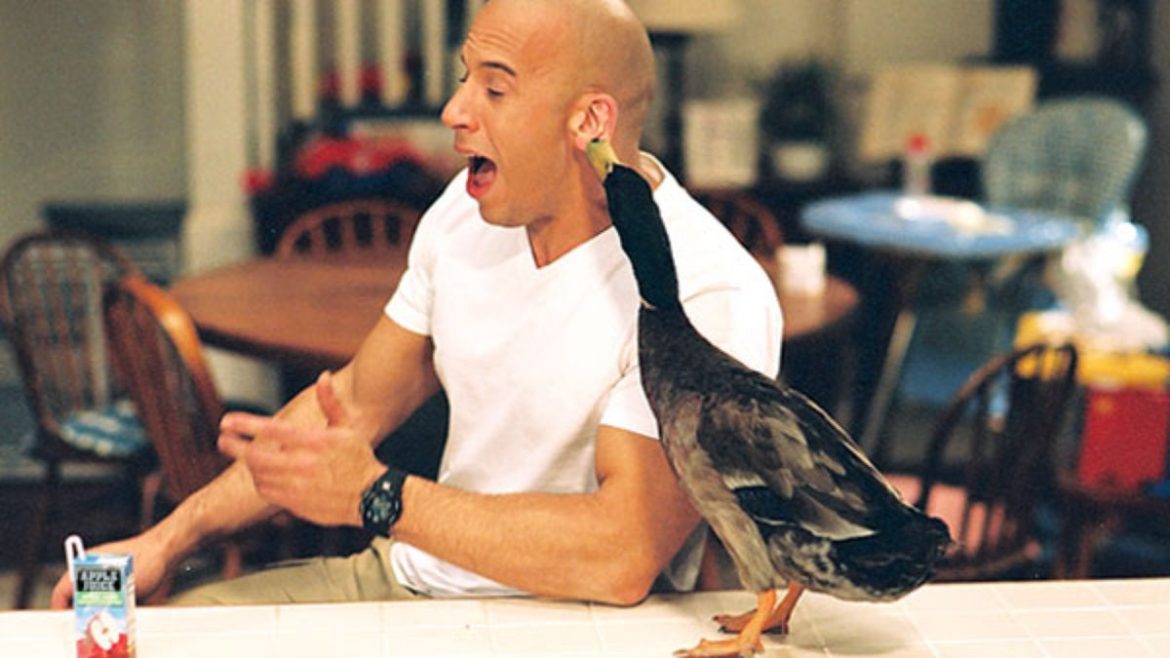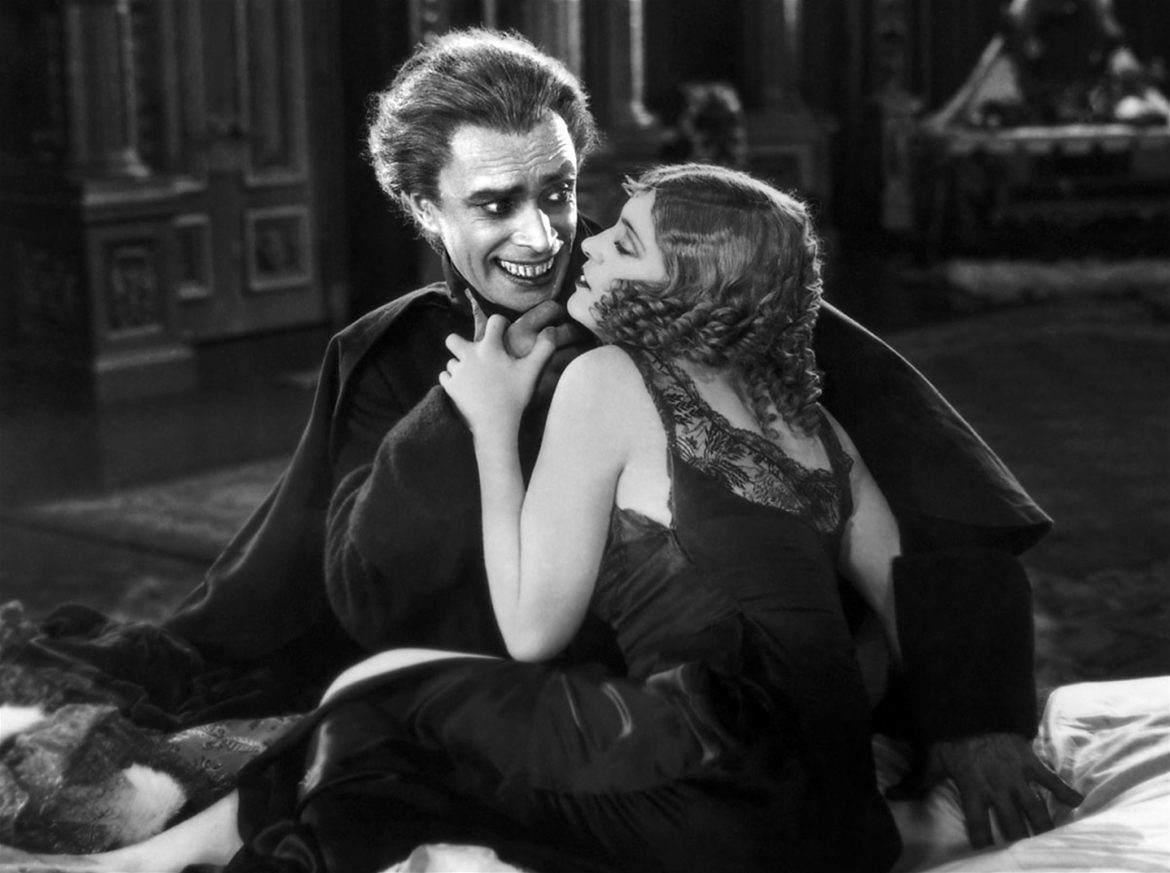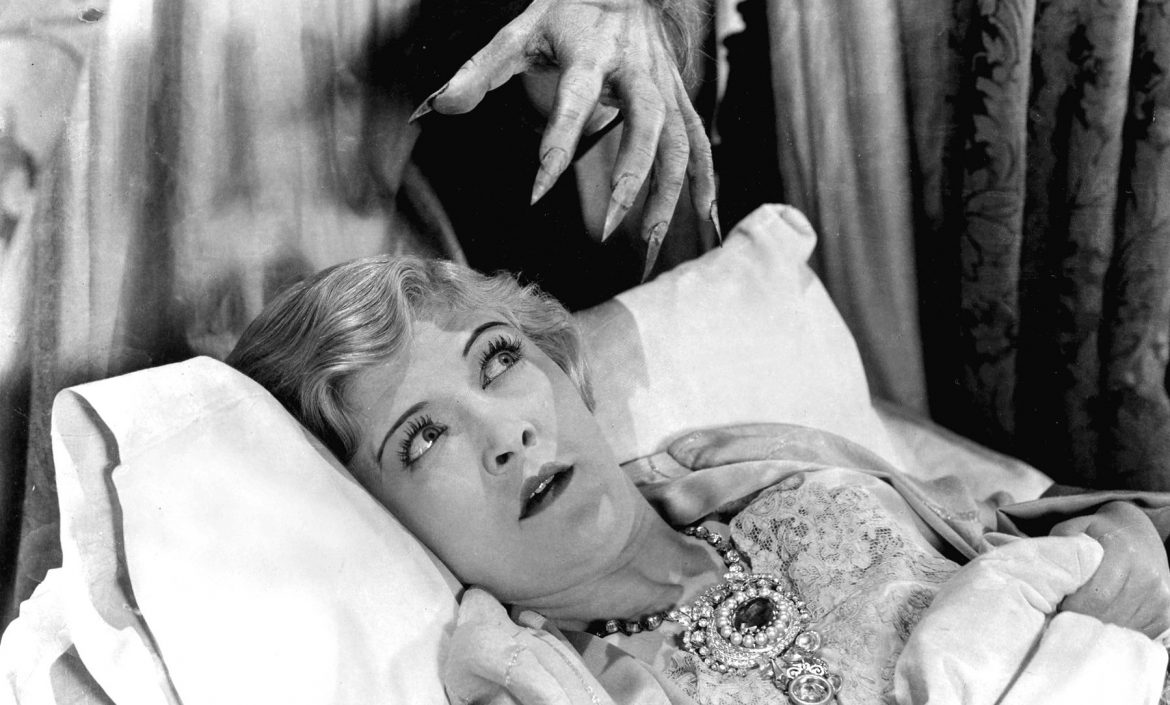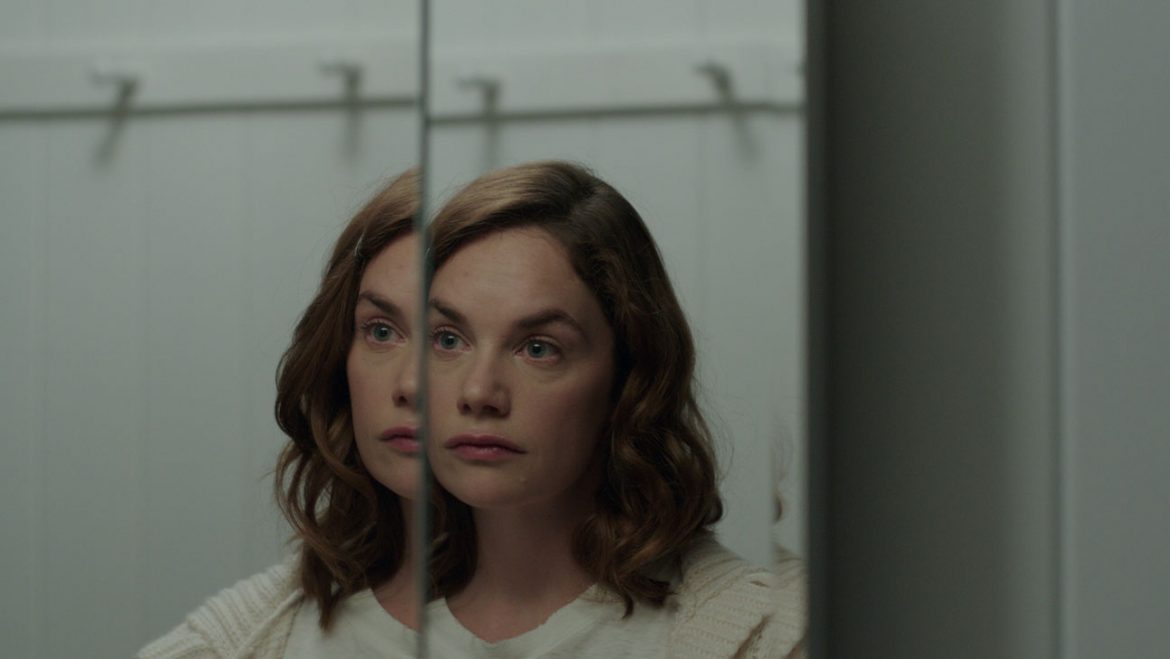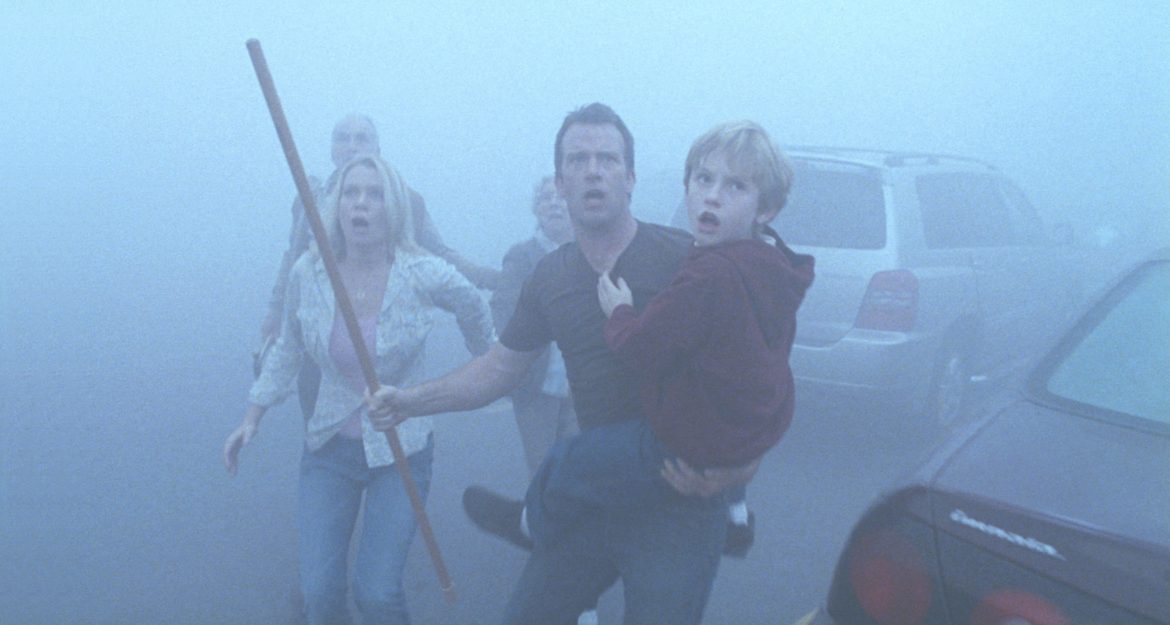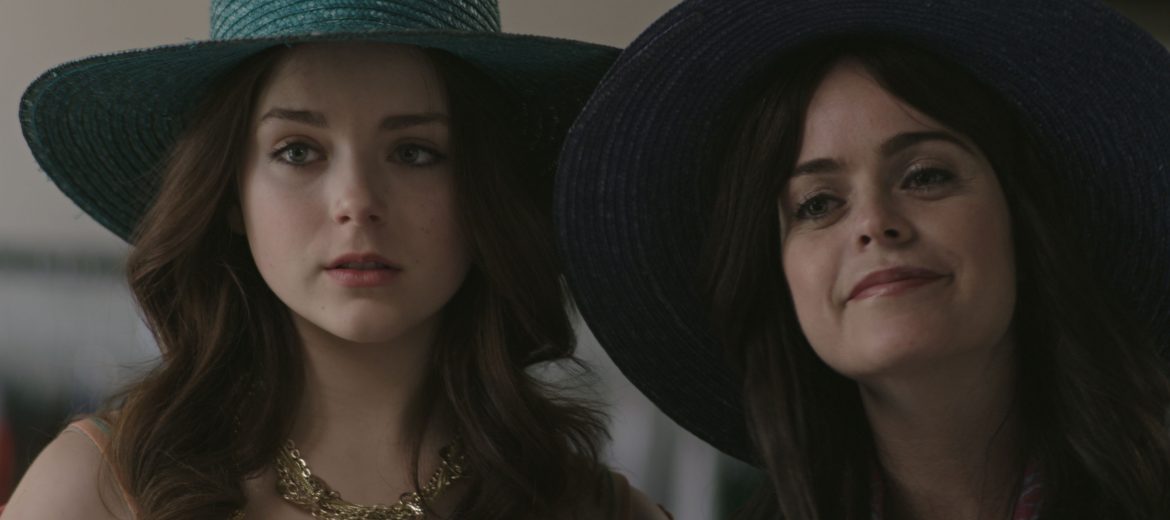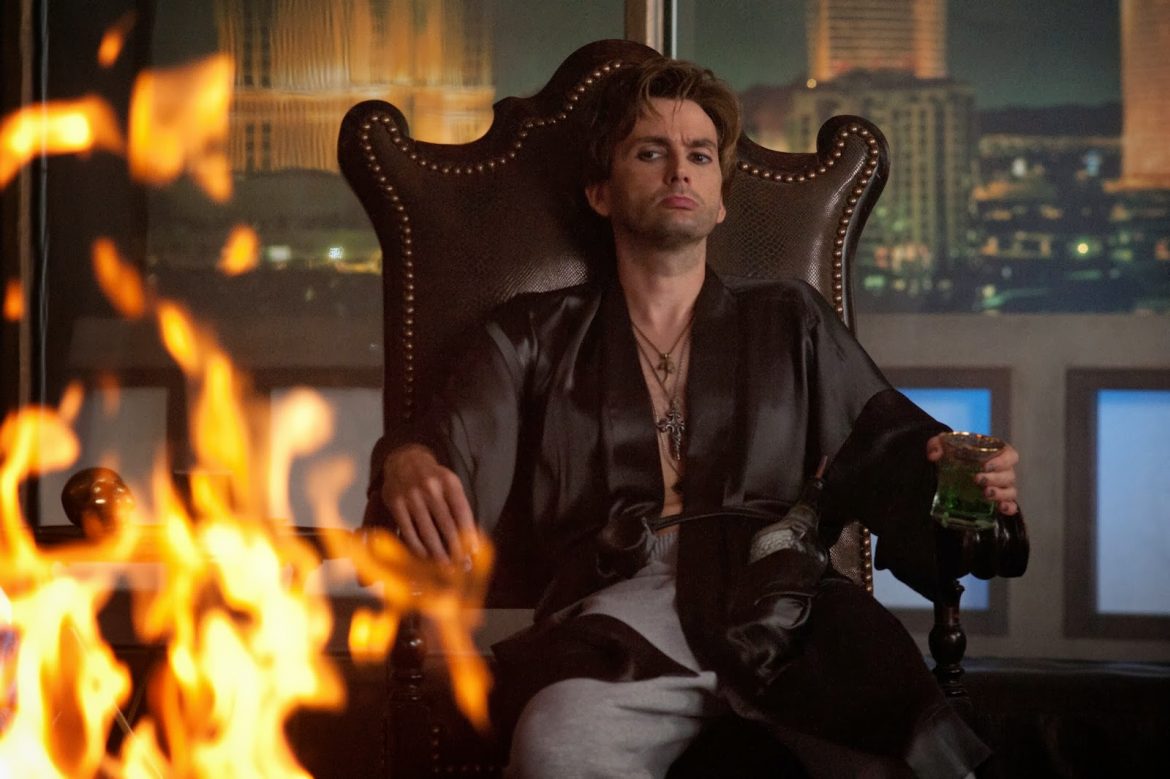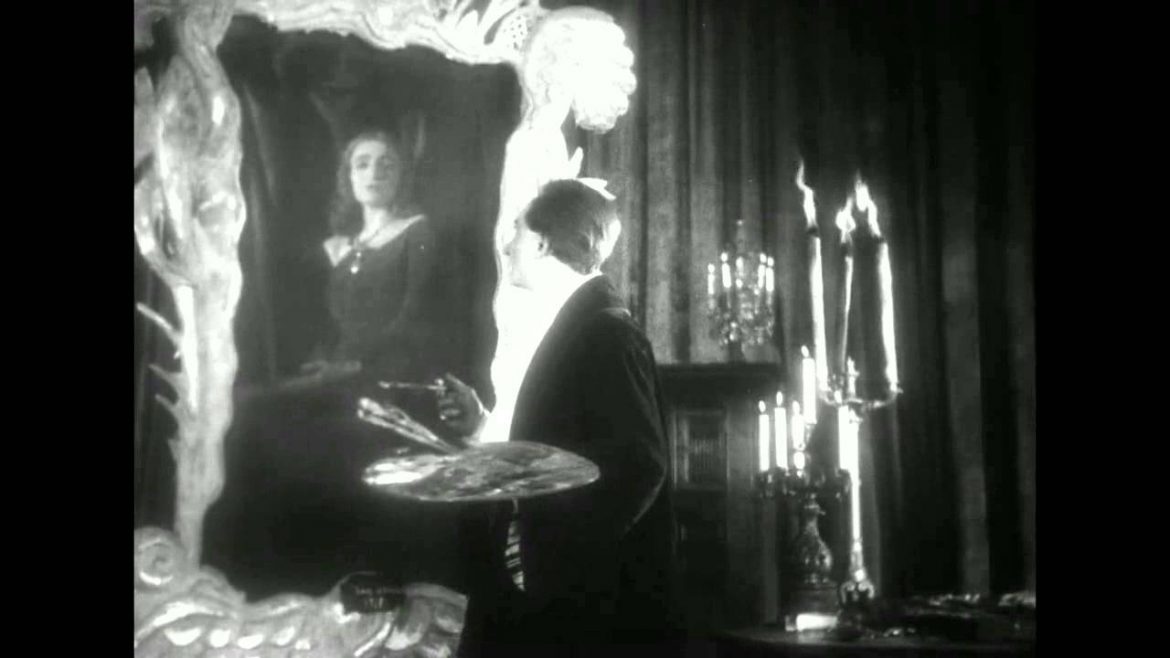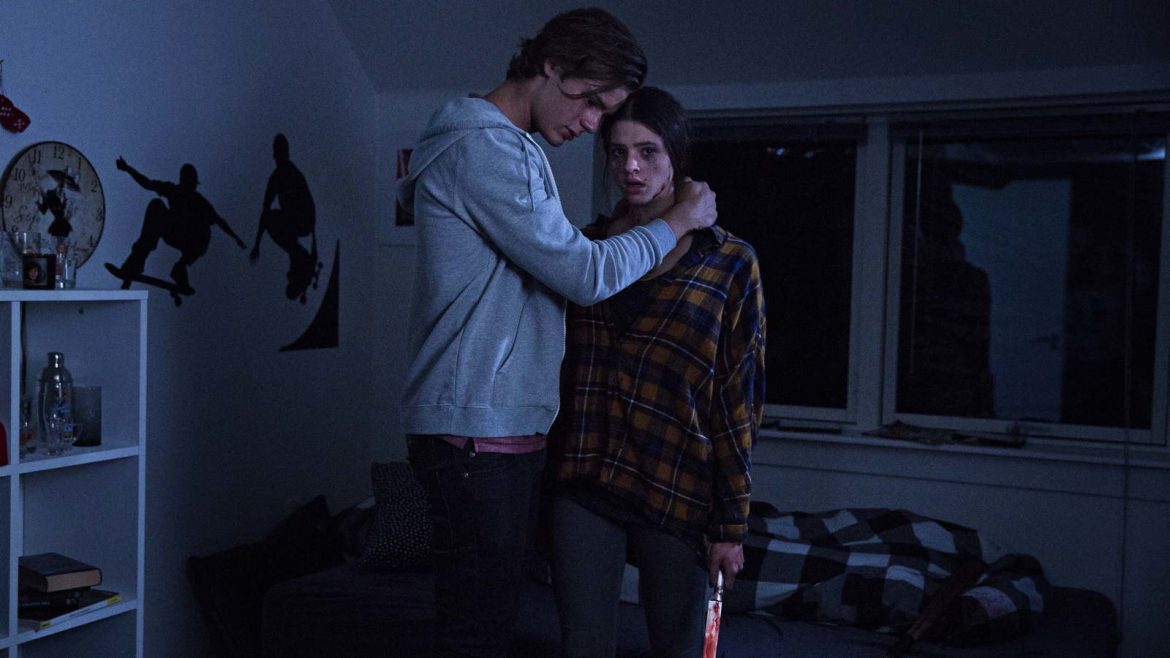Ivan Reitman’s Kindergarten Cop – the 1990 comedy in which a kid-hating Arnold Schwarzenegger goes undercover as a teacher in order to catch a drug dealer, but ends up learning a thing or two himself – is a touchstone for many childhoods.
Other
Is 5 days before the blessed end to one of the objectively grossest, most cynical elections in American history the best time to revisit Tim Robbins’ equally cynical 1992 satire Bob Roberts? As it’s new to streaming this week, Netflix apparently thinks so.
The stories of Victor Hugo provided a wealth of material throughout the Silent Era, a source of inspiration that cinema would return to again and again. By the time Universal coaxed German Expressionist master Paul Leni to Hollywood to helm The Man Who Laughs in 1928, a full 53 separate treatments of Hugo had already been released in the previous 23 years.
At one point in the spectacularly creepy, evocatively-titled I Am The Pretty Thing That Lives Inside The House, our narrator tells us, “We make our own ghosts by looking, but pretending not to see.” It’s not exactly a skeleton key to the film’s meaning and approach, but it resonates throughout.
A Light Beneath Their Feet, the sophomore feature from director Valerie Weiss and first-time screenwriter Moira McMahon, could have been disastrously cliched, and at certain moments threatens to veer into Lifetime movie territory. Instead, the film proves emotionally resonant and honest, buoyed by two empathetic central performances and a nuanced approach to familiar beats.
The horrifying saga continues. October will not be denied.
Taking stock, here is where we find ourselves on October 18th: 7 films from franchises, done; 5 decades, done; 5 films from before 1970, done; 1 silent, done; 1 classic Universal horror, done; 1 film with a witch/witchcraft, done; 1 Tobe Hooper film, done.
Though not the first of his stories to appear on film, The Fall of the House of Usher is perhaps Edgar Allan Poe’s most well-known Gothic tale, and arguably the best suited for cinema. Its central themes — the embodiment of individual interiority in physical architecture, the more or less haunted house, the living grave, the unreliable narrator, the tension between what is seen and what is felt, the rampant doublings of character — all seem appropriate to an imagistic treatment.
There is, generally speaking, no more appropriate time for a zombie movie than October, and the Danish What We Become, new to Netflix this week, is a worthy genre entry.
Writer/director Bo Mikkelsen borrows liberally from sources both past and current — “The Walking Dead” is an obvious contemporary comparison, even as What We Become draws on paranoid pandemic classics from Day of the Dead to 28 Days Later — but fashions something unique.

